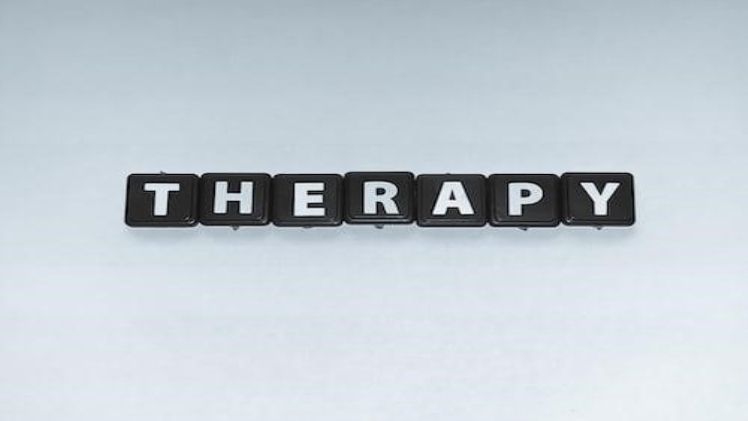In today’s fast-paced world, many individuals find themselves battling not only addiction but also the underlying trauma that often fuels it. This article delves into the importance of trauma therapy as an integral component of drug addiction treatment. Discover how a holistic approach can pave the way for lasting recovery.
Understanding the Link Between Trauma and Addiction
Trauma and addiction are intricately connected, often forming a vicious cycle that can be challenging to break. To comprehensively address addiction, it’s crucial to understand this relationship.
When individuals experience traumatic events, whether it’s childhood abuse, a life-altering accident, or combat-related trauma, they may develop coping mechanisms to numb the pain and emotional distress. Frequently, this coping mechanism takes the form of substance abuse.
In this cycle, addiction becomes a way to self-medicate and temporarily escape the overwhelming emotions associated with the trauma. However, the relief is fleeting, leading to an increased need for the substance and a deeper addiction.
The Role of Trauma Therapy
Trauma therapy, often integrated into drug addiction treatment programs, is a pivotal element in breaking the cycle. This form of therapy aims to address the root causes of addiction by helping individuals confront and process their traumatic experiences. By working with trained therapists, individuals are able to develop healthy coping mechanisms and learn to navigate their emotions without relying on substances. Trauma therapy provides a safe space for individuals to explore their past traumas and gain a deeper understanding of how these experiences have impacted their addiction. Through this process, individuals are able to heal from their trauma and break free from the cycle of self-medication and addiction.
Key Benefits of Trauma Therapy
Some key benefits of trauma therapy include providing individuals with a safe and supportive environment to explore their emotions and memories related to the trauma. By doing so, individuals can gain a better understanding of how their trauma has influenced their addiction and learn healthier coping mechanisms. Additionally, trauma therapy can help individuals develop a sense of empowerment and control over their lives, reducing the need for substances as a temporary escape.
Emotional Healing: Trauma therapy provides a safe and supportive environment for individuals to express their feelings and emotions related to their past traumas. This emotional release can be profoundly healing.
Identifying Triggers: Therapists assist clients in recognizing the triggers that lead to their substance abuse. By identifying these triggers, individuals can develop healthier coping strategies.
Rebuilding Self-Esteem: Traumatic experiences often erode self-esteem and self-worth. Therapy helps individuals rebuild their self-esteem and develop a more positive self-image.
Breaking the Cycle: With the support of trauma therapy, individuals can break free from the cycle of addiction and address the root causes, reducing the risk of relapse.
The Holistic Approach to Healing
To achieve lasting recovery, a holistic approach to drug addiction treatment is gaining prominence. This approach encompasses the physical, mental, and emotional aspects of healing.
Elements of Holistic Treatment
A holistic approach to treatment may involve counseling, support groups, medication management, individual and group therapy, as well as complementary treatments including yoga, meditation, and acupuncture. This all-encompassing strategy enables people to treat not just the outward signs of addiction but also the underlying psychological and emotional problems that underlie substance use. Holistic therapy focuses on all facets of recovery in order to provide patients with the skills and encouragement they need to sustain long-term sobriety and lead happy, drug-free lives.
Nutrition and Exercise: Proper nutrition and regular exercise play a vital role in restoring the body’s physical health, which may have been severely impacted by addiction.
Mindfulness and Meditation: Mindfulness practices help individuals stay in the present moment, reducing anxiety and stress. Meditation aids in emotional regulation.
Supportive Community: Being part of a supportive community can significantly enhance the recovery process. Group therapy sessions and peer support are invaluable.
Alternative Therapies: Holistic treatments often incorporate alternative therapies like acupuncture, yoga, and art therapy to promote overall well-being.
Conclusion
In the journey towards recovery from drug addiction, addressing underlying trauma is non-negotiable. Trauma therapy, when combined with a holistic approach, offers individuals a comprehensive path to healing. It enables them to break free from the grip of addiction, heal their emotional wounds, and embark on a brighter, substance-free future.
If you or a loved one are struggling with addiction and trauma, seek professional help today to start the journey towards a healthier, happier life. Remember, healing is possible, and there is hope for a brighter tomorrow.

